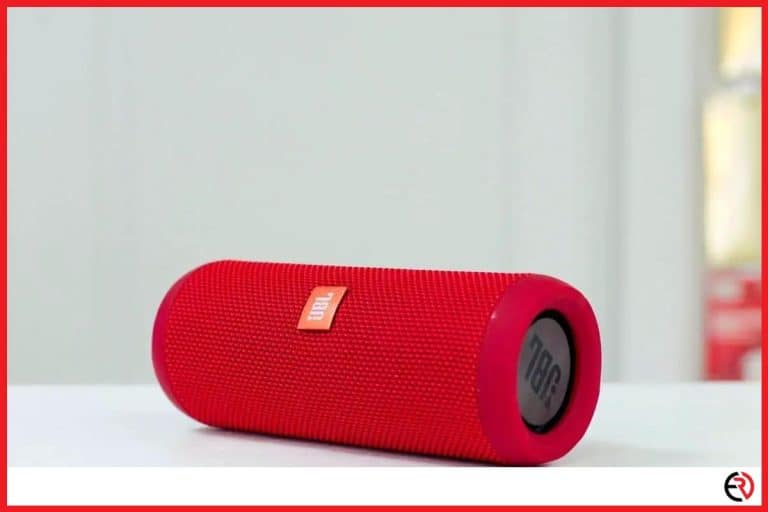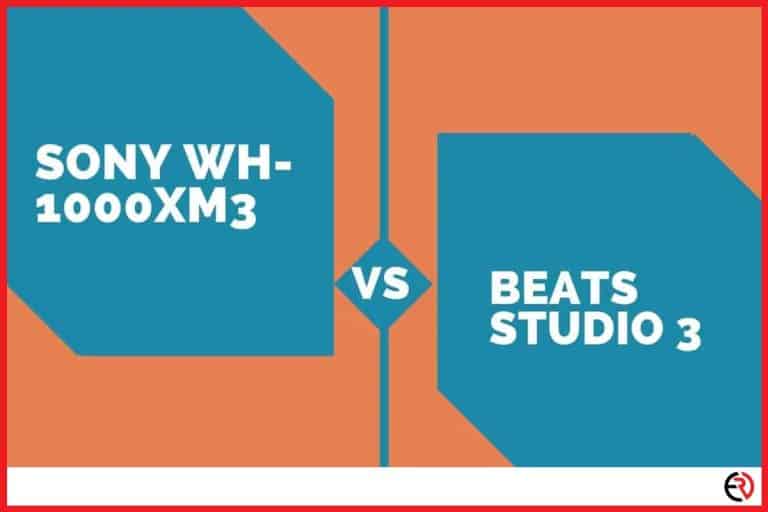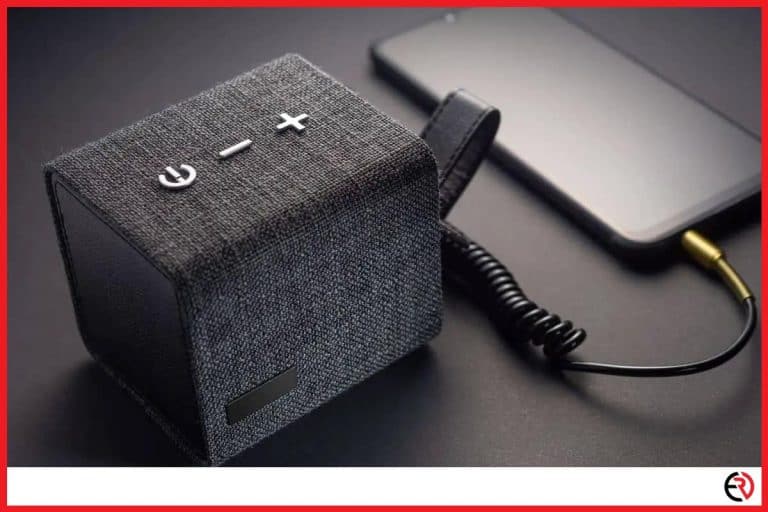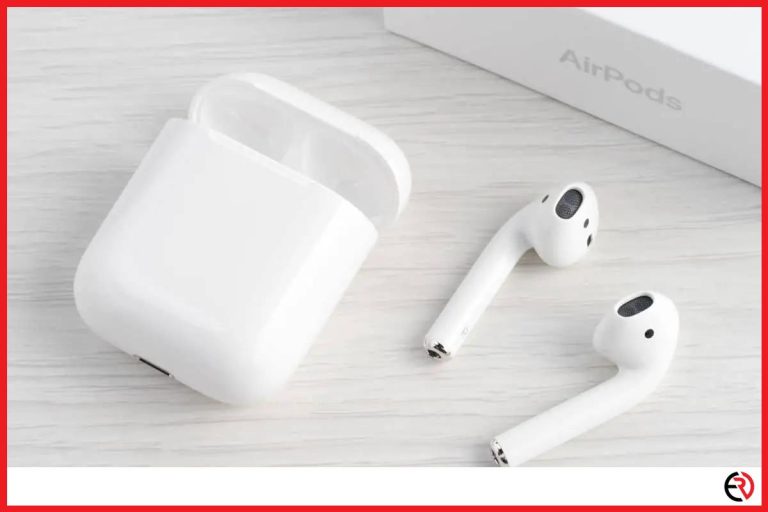Do Bluetooth Headphones Interfere with Wi-Fi?
This post may contain affiliate links which means that, if you choose to make a purchase, I may earn a small commission at no extra cost to you.
Bluetooth devices are pretty much a staple in today’s world, helping us connect devices without the need for wires. One of my favorite applications of Bluetooth technology is wireless headphones. Bluetooth headphones save us the stress of dealing with wires and keep our hands free in the event of a phone call. However, is it all good?
I am pretty sure that some of you may have experienced some static in your Bluetooth headphones especially when you were out and about in crowded areas. It makes you wonder, what causes this break in the connection? Could it be other signals flying through the air? Could it be Wi-Fi?
Well, in this article, I will explain where the static comes from, what causes the break in transmission when using your Bluetooth headphones and if truly your Bluetooth headphones interfere with Wi-Fi and other signals. The short answer is yes, but to find out how exactly it works, keep on reading.
Do Bluetooth Headphones Interfere with Wi-Fi? Yes, Bluetooth headphones interfere with Wi-Fi. This is so because Bluetooth devices (including Bluetooth headphones) operate on the same frequency range as a host of other wireless devices including Wi-Fi routers and even microwave ovens. With recent improvements in Bluetooth technology, interference with Wi-Fi is pretty rare but it still does happen.
Bluetooth headphones operate on a frequency band that is shared with other wireless devices. This means that Bluetooth headphones, as well as other Bluetooth devices, compete with other wireless devices for a limited amount of space in the available spectrum. Although modern Wi-Fi routers typically operate at a higher frequency range than Bluetooth devices (Bluetooth devices operate between 2.4GHz to 2.8GHz), older models may operate within the frequency range of Bluetooth headphones and cause interference.
The frequency range used by Bluetooth devices and Wi-Fi is an unlicensed band, which means that anyone is free to broadcast on them without fear of being shut down by regulatory bodies. There are also other bands that are licensed to government, military and large corporations. These bands are unavailable to the public are usually free of interference from other wireless devices. There you have it, now you know why Bluetooth headphones may interfere with Wi-Fi.
What Causes Interference with Bluetooth Headphones?
Although it is rare, interference still does occur in Bluetooth Headphones. This is because Bluetooth devices, including Bluetooth headphones, transmit at a frequency of about 2.4Ghz (same frequency as a lot of other wireless devices). So, when there are multiple Bluetooth devices and other wireless devices in the same environment, they compete for the same electromagnetic spectrum.
Now, these other competing devices may not be transmitting information, devices like microwaves or electric bulbs can be a source of interference, although the common source of interference would be Wi-Fi routers. When other wireless devices and Bluetooth headphones are in the same environment, an overlapping of signals may occur and results in interference.
These days Bluetooth headphones and other Bluetooth devices avoid any form of interference by using what is known as Spread-spectrum Frequency Hopping. This feature allows Bluetooth devices to automatically switch between different frequencies (within the permitted frequency range) in order to avoid any form of signal overlap (interference) with other wireless devices.
Does Bluetooth use the same frequency as Wi-fi?
Yes and No. I say so because Bluetooth operates on a 2.4GHz frequency while Wi-Fi-based networks operate on the same 2.4GHz frequency as well as on other frequencies; 3.6GHz and 5GHz. So, yes, because Wi-Fi makes use of the same 2.4GHz as Bluetooth and no because Wi-Fi also makes use of other frequencies.
Modern Wi-Fi-based networks and other wireless devices make use of the higher frequency ranges (3.6GHz and 5GHz) as they are less congested than the 2.4Ghz frequency. This helps reduce the likelihood of any form of interference between Bluetooth and Wi-Fi devices and networks.
Just like with Bluetooth, Wi-Fi has its own neat trick to prevent interference, especially in the 2.4GHz frequency band shared with Bluetooth and other wireless devices. Within Wi-fi frequency bands, there are other smaller bands known as channels. Wi-fi routers/networks have the ability to switch channels in the event that any particular channel becomes congested. In the US, 11 Wi-Fi channels are available in the 2.4GHz band while 45 channels are available in the 5GHz band.
Does Bluetooth Devices affect Wi-Fi connection?
Yes, Bluetooth can affect the wi-fi connection. This is especially true for older wi-fi networks based on the 2.4GHz frequency band (802.11b). This is so because Bluetooth operates at the same 2.4GHz frequency band and signal overlap is possible. Although Bluetooth and wi-fi networks have systems in place to tackle interference, it still does occur on rare occasions. The effect of Bluetooth interference on wi-fi connection results in degraded network performance.
There you have it guys, we have discussed the interaction of Bluetooth, wi-fi and other wireless technologies, we talked about how they operate and how they may affect one another. It has been established that indeed Bluetooth headphones could and do interfere with wi-fi, albeit on rare occasions. Let me conclude by sharing some tips with you on dealing with interference. In the event that you find yourself experiencing poor signal strength as a result of interference, here’s how to go about it.
How to deal with Interference
Get rid of physical barriers; Certain materials like metal and thick walls do in fact have an effect on electromagnetic signals. So, if you experience any form of interference, first try to get rid of any physical objects that may be restricting signal flow. You could simply walk away from the vicinity of these obstructive materials.
Change your wi-fi channel; As we discussed earlier in this article, wi-fi routers are able to switch to a new, less congested wi-fi channel when there is an interference. You can change your wi-fi channel simply by going into the settings menu and doing it or by restarting your wi-fi router.
Move closer to your wi-fi source; Moving closer to your router will increase your signal strength and make it less susceptible to interference.
Get away from other wireless devices; Devices like microwaves and even fluorescent bulbs emit radio waves in the 2.4GHz frequency band and can cause interference.







